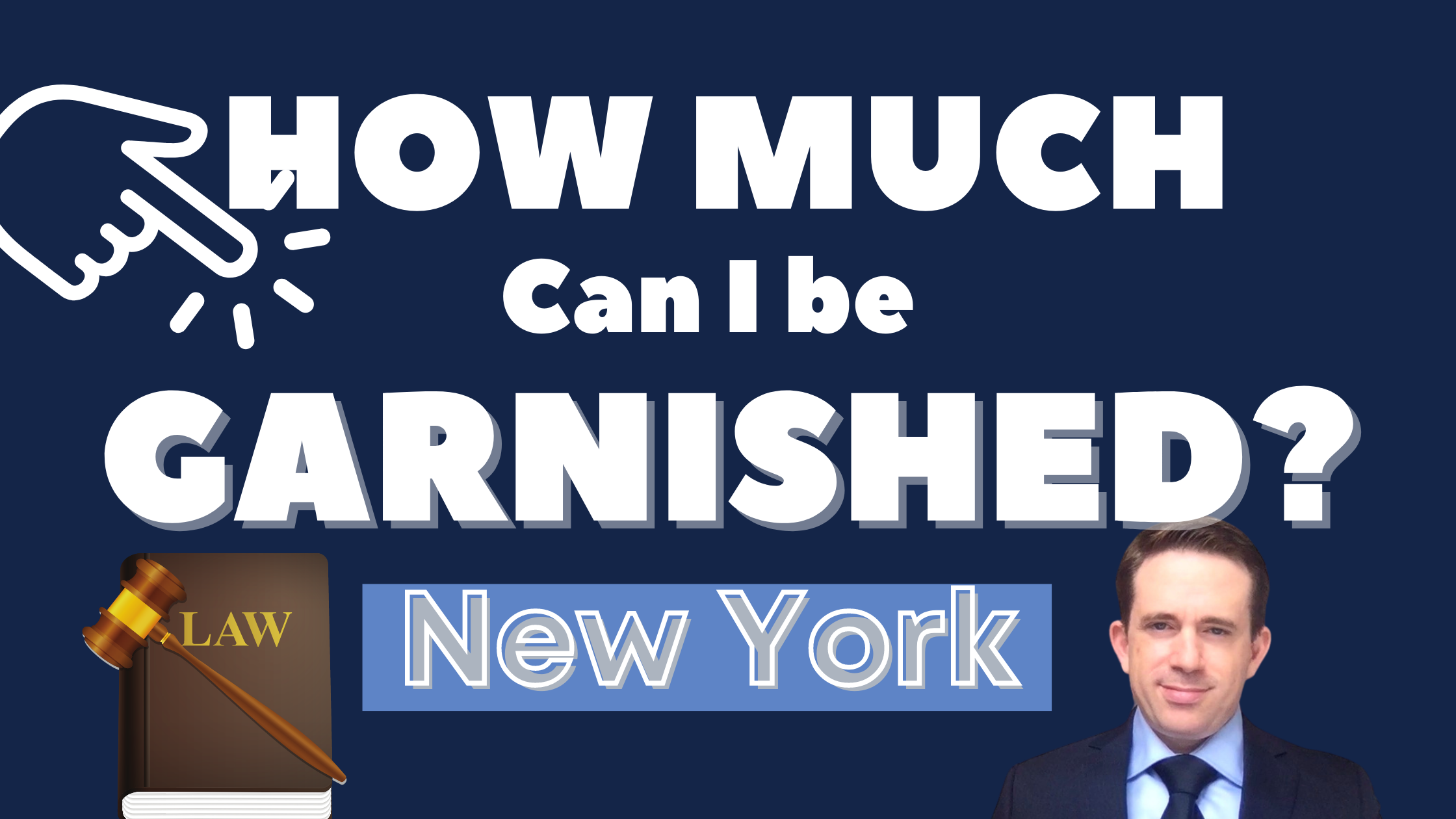We Defend You Against
Roach & Murtha, P.C.
The Langel firm defends consumers against New York state court collection lawsuits brought by Roach & Murtha, P.C. We defend against collection lawsuits, and wage garnishments, and bank seizures.
If you need help, call us at (888) 271-7109 or complete this form.
We compelled discontinuance of an action (see blog here) and countersued United Guaranty for what we argued were consumer law violations.
Drummer v. Roach & Murtha Attorneys at Law, P.C.: Case of FDCPA Application to a Tort Judgment
Summary: Shmaye Drummer sued Roach & Murtha Attorneys at Law, P.C. under the Fair Debt Collection Practices Act (FDCPA), alleging that a collection letter sent by the law firm was in violation of the act. However, the court ruled that the obligation the firm was seeking to collect was a tort judgment, not a debt under the FDCPA, and thus dismissed the case.
Key Points:
- Drummer brought the action under the FDCPA, objecting to a collection letter from Roach & Murtha Attorneys at Law, P.C. that attempted to collect on a default judgment from a previous negligence case relating to a car accident.
- Roach & Murtha moved to dismiss the case, arguing that the obligation they sought to collect was not a "debt" within the meaning of the FDCPA, but arose from a tort judgment.
- The court ruled in favor of the law firm, concluding that the FDCPA did not apply to the collection of a tort judgment and hence the collection letter did not fall within the scope of the FDCPA.
Case Citation: 20-CV-1162 (EK) (RML), Signed 03/30/2021.
Summary Judgment Granted in Quantum Meruit Cause of Action; Other Causes of Action Dismissed in Attorney-Fee case Represented by Roach & Murtha, P.C.
Summary: In the case of Hilton Wiener, LLC v. Fred Zenk, represented by Roach & Murtha, P.C., the court granted summary judgment in favor of the plaintiff on the cause of action in quantum meruit, allowing for recovery of reasonable fees for legal services rendered. However, the court dismissed the plaintiff's other causes of action, including breach of contract, unjust enrichment, and accounts stated. A hearing is scheduled to determine the reasonable amount of fees to be awarded.
3 Key Points:
- The court granted summary judgment in favor of Hilton Wiener, LLC, represented by Roach & Murtha, P.C., on the cause of action in quantum meruit, allowing for recovery of reasonable fees for legal services provided.
- The plaintiff's remaining causes of action, including breach of contract, unjust enrichment, and accounts stated, were dismissed as the attorney-client relationship was terminated without cause, limiting the attorney's redress to quantum meruit.
- A hearing has been scheduled to determine the reasonable amount of fees to be awarded, as further assessment is required to establish the reasonableness of the fees invoiced by the plaintiff.
Case Citation: Hilton Wiener, LLC v. Fred Zenk, Index No. 657440/2019, Decided on August 23, 2022.
What is "quantum meruit"in law?
Quantum meruit is a legal principle that allows for the recovery of the reasonable value of services rendered or work performed, even in the absence of a formal contract or specific agreement regarding compensation. It is a remedy available when one party has provided goods or services to another party who has accepted and benefitted from them, but no express contract exists or the contract is unenforceable.
The term "quantum meruit" is Latin for "as much as he deserves" or "as much as is deserved." It is based on the idea that if one party has received a benefit or enrichment at the expense of another, it would be unjust for the benefiting party to retain that benefit without compensating the other party.
In a quantum meruit claim, the court will determine the reasonable value of the services or work performed based on various factors such as the nature and complexity of the services, prevailing industry rates, time spent, and the overall benefit received by the party who received the services. It provides a means to ensure fairness and prevent unjust enrichment in situations where a formal contract is lacking or incomplete.
Why is quantum meruit not appropriate in consumer-credit cases but appropriate in attorney-fee cases?
Quantum meruit is typically not appropriate for consumer credit cases because these cases involve contractual obligations governed by specific laws and regulations, such as credit agreements and consumer protection statutes. In consumer credit cases, the terms and conditions of the credit agreement usually determine the rights and obligations of the parties, including any fees or charges that may be applicable. Courts generally enforce the terms of the contract and look to statutory provisions to resolve disputes.
On the other hand, quantum meruit is more commonly used in attorney-fee cases because attorney-client relationships often involve unique circumstances. Attorneys provide professional services that may not be governed by a specific contract or fee agreement. In situations where a client discharges an attorney without cause or fails to honor a fee agreement, quantum meruit allows the attorney to seek payment for the reasonable value of the services rendered. This approach ensures that attorneys are fairly compensated for their work even when a formal contract is absent or unenforceable.
The use of quantum meruit in attorney-fee cases recognizes the special nature of legal services, the fiduciary duty owed by attorneys to their clients, and the principle of preventing unjust enrichment. It provides a means for attorneys to recover compensation based on the value of their services and the benefit received by the client, even if there is no specific fee agreement in place or the agreement is invalidated for some reason.
Roach & Murtha, P.C. Biographical Information
Roach & Murtha, P.C. is a domestic professional corporation incorporated in New York and is principally located at 125 Michael Drive, Suite 105, Syosset, NY 11791.
More information to help with a wage garnishment:
- Receive a Notice of Garnishment? Here’s a Summary of New York Law
- How much of my wages can be garnished? Summary of New York Law
- Vacating a Default Judgment in New York: 8 Fine Points




